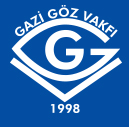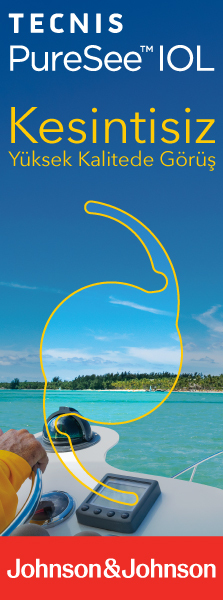Retina-Vitreous
2015 , Vol 23 , Num 0
Management and Treatment Protocols in Retinal Vein Occlusions
1M.D. Professor, Kocatepe University Faculty of Medicine, Departmnet of Ophthalmology, Afyonkarahisar/TURKEY2M.D. Asistant Professor, Kocatepe University Faculty of Medicine, Departmnet of Ophthalmology, Afyonkarahisar/TURKEY Retinal vein occlusion is a clinical entity accompanied by visual acuity loss due to macular edema and/or macular ischemia developing synchronously with or after the retinal hemorrhages and retinal ischemia caused by interruption in venous blood flow usually with influence of systemic hematovascular risk factors. Main abnormality leading to visual loss is macular edema with or without macular ischemia in both branch retinal vein occlusion and central retinal vein occlusion, albeit their pathogenesis, clinical pictures and prognosis are relatively different. The pathologies that will be developed by underlying retinal ischemia should not be missed while focusing to and treating the macular edema. Pharmacotherapy is the current approach in the management of macular edema secondary to retinal vein occlusion. Laser therapy can also be utilized additionally if needed in the management of macular edema secondary to branch retinal vein occlusion. Anti- VEGF agents and corticosteroids are the most important options in the pharmacotherapy. Because inflammation is involved in the pathogenesis of macular edema secondary to vein occlusion, corticosteroids are effective agents in the management. The most important adverse events limiting the use of corticosteroids in every case are potential development of steroid-induced glaucoma and cataract. Elevation of vitreous VEGF levels in retinal vein occlusion suggest that VEGF is an important factor in the pathogenesis of retinal vein occlusion, and VEGF-inhibiting agents have been promisingly used for the treatment of macular edema secondary to retinal vein occlusion in recent years. Because duration of efficacy of current anti-VEGF agents is not so long, frequent applications are needed. Various treatment protocols have been suggested in the clinical applications of intravitreal anti-VEGF injection. Treatments performed with fixed or predetermined time intervals are defined as proactive protocols while the kinds of treatment which is performed according to clinical activity determined by final examination is defined as reactive protocols. Modified proactive protocols and reactive approaches including treat and observe or as need treatment protocols after the stabilization of macular edema after monthly injections are becoming more popular and preferable due to clinical and patient related burden raised by monthly-fixed protocols Keywords : Retinal vein occlusion, treatment and management, steroids, anti-vegf agents, treatment protocols





